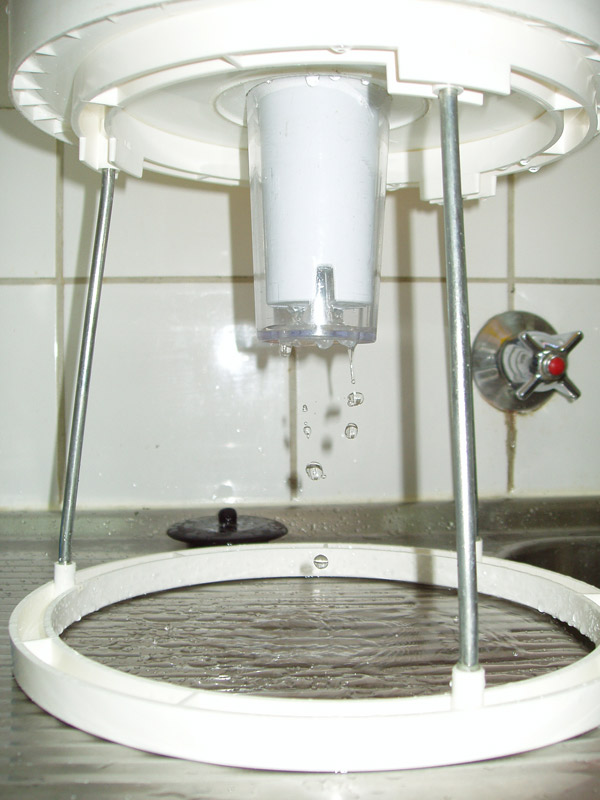Hey guys ..
Just sifting through some info in the net and started reading about the causes of chlorine in your homebrew.
I live in Melbourne and we seem to have fantastic tap water. Melbourne water website says they use the equivalent of half a cup in a an average swimming pool.
Could I be improve my brewing my removing the chlorine??
Thanks
Just sifting through some info in the net and started reading about the causes of chlorine in your homebrew.
- Do not use chlorinated water (commonly referred to as "city water"). Your finished beer can have high levels of chlorophenols which are an off-flavor/flaw and are rather nasty.
I live in Melbourne and we seem to have fantastic tap water. Melbourne water website says they use the equivalent of half a cup in a an average swimming pool.
Could I be improve my brewing my removing the chlorine??
Thanks





